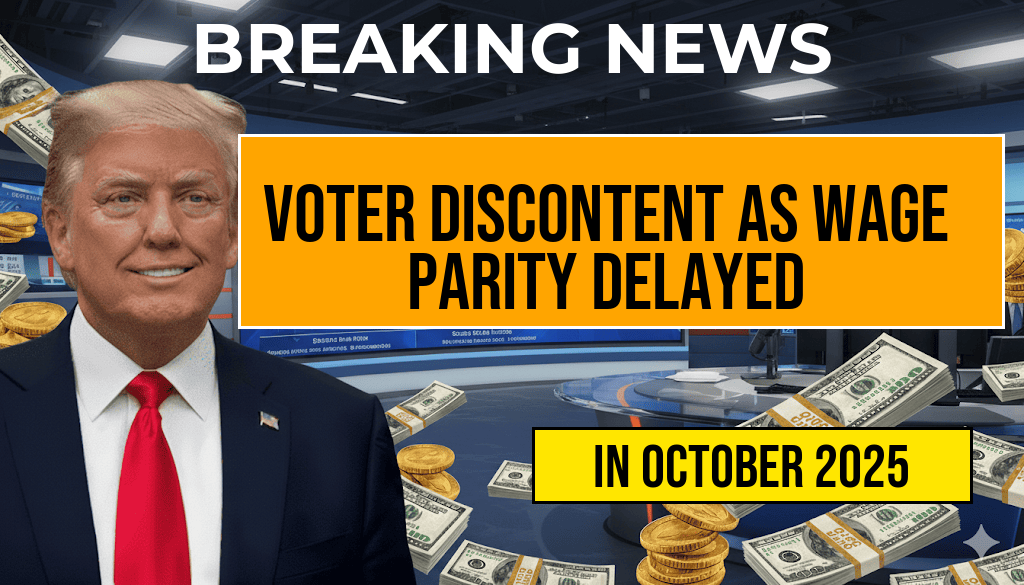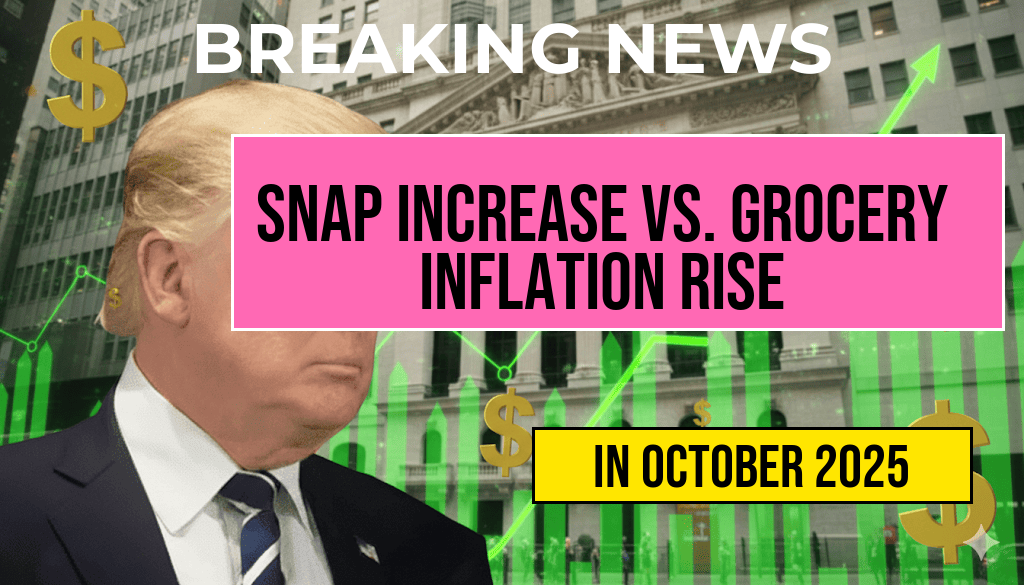As local councils grapple with economic pressures and community expectations, voter frustration is mounting over the decision to delay the implementation of wage parity for tipped workers until 2034. This announcement follows a heated debate about the impact of raising the minimum wage, particularly as the current federal minimum sits at $10 per hour. Advocates for workers argue that delaying wage parity exacerbates existing inequalities, while others contend that the gradual increase will help stabilize businesses during uncertain economic times.
Understanding Tipped Wage Parity
Tipped wage parity refers to the alignment of wages for tipped workers with the general minimum wage, ensuring that these employees receive fair compensation regardless of their tips. Currently, many states allow employers to pay tipped workers a lower base wage, which can lead to significant income disparities based on customer generosity.
Current Minimum Wage Landscape
The federal minimum wage remains at $10 per hour, but several states have implemented higher rates. As of now, the disparity in pay for tipped workers can be stark. For example, in states like California and Washington, the minimum wage for non-tipped workers exceeds $15, while tipped workers might receive as little as $2.13 per hour before tips.
Economic Implications of the Delay
The council’s decision to postpone wage parity has raised concerns among economic analysts and community leaders. Critics argue that this delay will perpetuate poverty among tipped workers, who are predominantly women and people of color. According to the National Women’s Law Center, more than 60% of tipped workers are women, making the issue of wage parity not just an economic one, but a matter of gender equity as well.
Potential Effects on Paychecks
As the minimum wage remains stagnant at $10, tipped workers will likely continue to experience paychecks that do not reflect the cost of living or inflation rates. For instance, a server working 30 hours a week at a base wage of $2.13 might earn only $64 per week before tips. This income structure can lead to difficulties in covering basic living expenses, including rent, utilities, and food.
| State | Tipped Minimum Wage | Non-Tipped Minimum Wage |
|---|---|---|
| California | $15.50 | $15.50 |
| New York | $10 | $15 |
| Texas | $2.13 | $7.25 |
| Florida | $6.98 | $11 |
Community Reactions
The decision has sparked protests and mobilization among workers’ rights groups, who emphasize the need for immediate reforms. “Delaying wage parity to 2034 is a betrayal of the workers who rely on tips to make a living,” said Maria Gonzalez, a spokesperson for the local advocacy group Fair Wages Now. “The council needs to recognize that economic recovery should not come at the expense of the most vulnerable workers.”
Support for the Delay
On the other side of the argument, local business owners have expressed support for the delay, citing concerns about operational viability. Many small businesses are still recovering from the economic fallout of the COVID-19 pandemic and fear that an immediate increase in wages could lead to layoffs or higher prices for consumers. “We want to pay our workers fairly, but we also need to keep our doors open,” remarked Tom Jenkins, a restaurant owner. “This is a delicate balance.”
Looking Ahead
As the council prepares for future discussions, the implications of this decision will likely ripple through the community. Advocates for wage parity are urging residents to engage with local leaders and voice their concerns. A recent survey indicated that a significant majority of voters support wage parity for tipped workers, suggesting that the council may need to reconsider its timeline.
For more information about wage policies and their impact on workers, visit the National Women’s Law Center or explore the Forbes analysis of minimum wage trends.
Frequently Asked Questions
What is the main issue discussed in the article?
The article addresses the growing voter discontent due to the council’s decision to delay tipped wage parity until 2034, which is raising concerns among workers who rely on tips for their income.
How does the $10 minimum wage affect workers’ paychecks?
The article explains that the implementation of a $10 minimum wage may not be sufficient to cover the loss of income from tips, resulting in potential decreases in overall paychecks for workers in the service industry.
Why are voters unhappy with the council’s decision?
Voters are unhappy because the delay in achieving wage parity could prolong economic hardship for workers, particularly those in the tipped wage sector, who depend on tips to supplement their income.
What is tipped wage parity?
Tipped wage parity refers to the equalization of wages for tipped workers with non-tipped workers, ensuring that all employees receive fair compensation regardless of their job type or reliance on tips.
What potential solutions are suggested for addressing voter concerns?
The article suggests exploring alternative measures such as increasing the minimum wage faster or implementing transitional policies that could help mitigate the impact of the delayed wage parity on workers’ financial stability.







